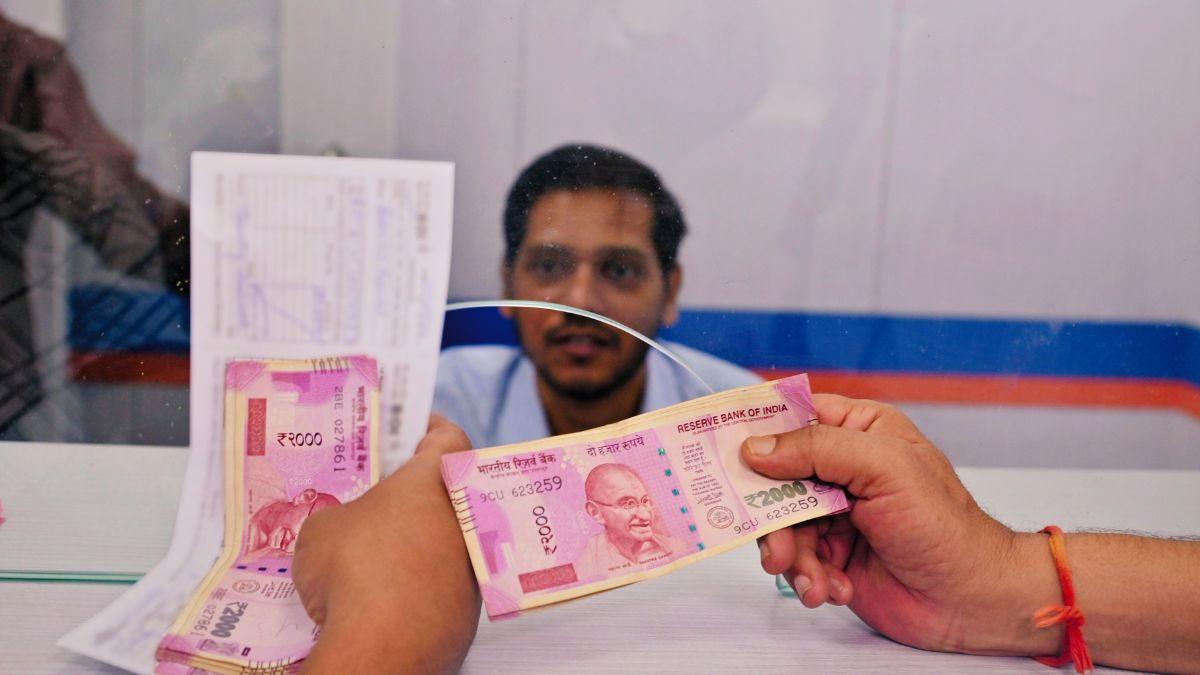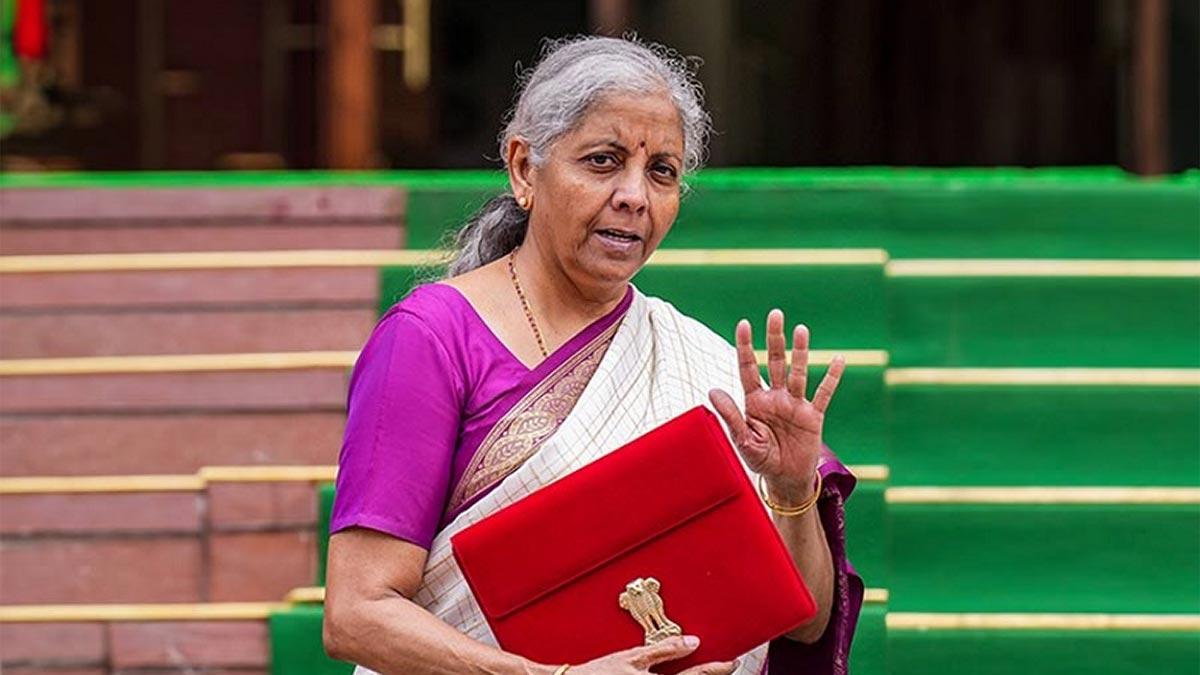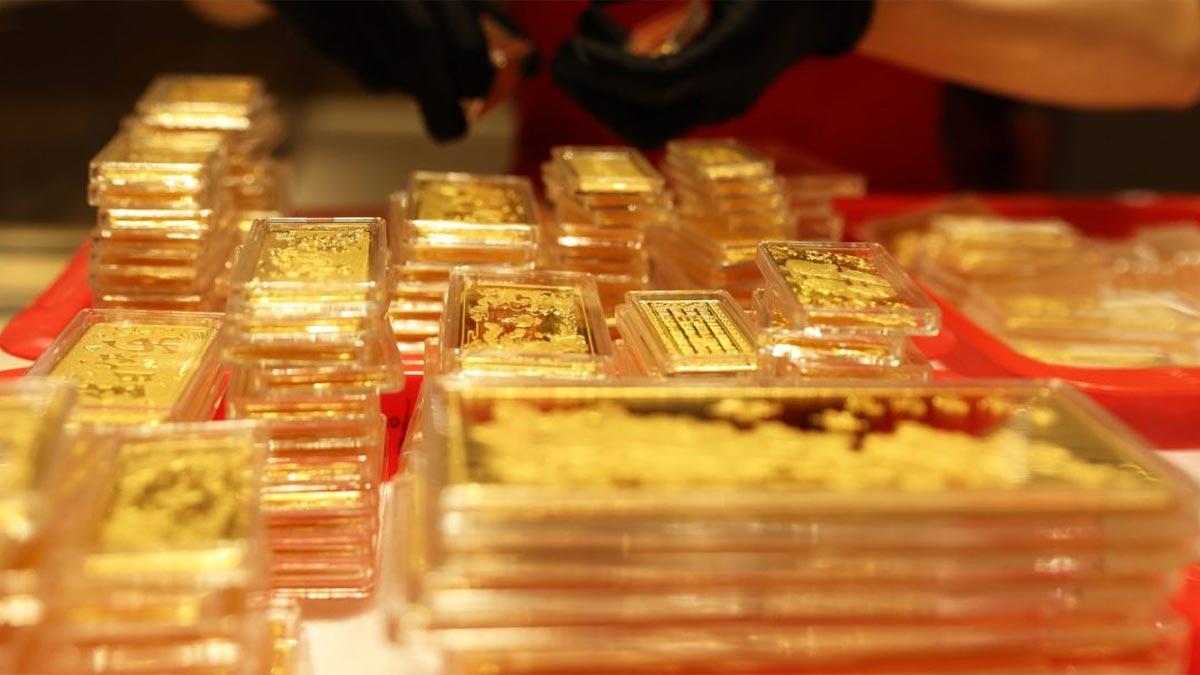The Reserve Bank of India (RBI) revealed on Friday that nearly 97.62% of the Rs 2,000 denomination banknotes have re-entered the banking system, leaving only about Rs 8,470 crore worth of these notes still held by the public.
In a statement issued on May 19, 2023, the RBI declared the withdrawal of Rs 2,000 banknotes from circulation. It stated, "The total value of Rs 2,000 banknotes in circulation, amounting to Rs 3.56 lakh crore as of May 19, 2023, when the decision to withdraw these notes was made, has now dwindled to Rs 8,470 crore as of February 29, 2024."
Consequently, 97.62% of the Rs 2,000 banknotes in circulation as of May 19, 2023, have been returned, the RBI affirmed. Additionally, it emphasized that Rs 2,000 banknotes remain legal tender.
Individuals can deposit and/or exchange Rs 2,000 banknotes at any of the 19 RBI offices nationwide. Alternatively, they can utilize India Post services to send Rs 2,000 banknotes from any post office to any RBI Issue Office for crediting to their Indian bank accounts.
Initially, the public and entities holding such notes were instructed to exchange or deposit them in bank accounts by September 30, 2023, with an extension later granted until October 7, 2023. Subsequently, deposit and exchange services at bank branches ceased on October 7, 2023.
Since October 8, 2023, individuals have been provided with the option to either exchange the currency or have the equivalent amount credited to their bank accounts at any of the 19 RBI offices.
These RBI offices facilitating the depositing/exchanging of the banknotes are located in Ahmedabad, Bengaluru, Belapur, Bhopal, Bhubaneswar, Chandigarh, Chennai, Guwahati, Hyderabad, Jaipur, Jammu, Kanpur, Kolkata, Lucknow, Mumbai, Nagpur, New Delhi, Patna, and Thiruvananthapuram.
The introduction of Rs 2,000 banknotes occurred in November 2016, following the demonetization of the then-existing Rs 1,000 and Rs 500 banknotes.
Read also | March Sees Core Sector Industries Surge by 5.2%
Read also | India's Bold Stance on Russian Oil Procurement Results in $8 Billion Import Bill Savings


















